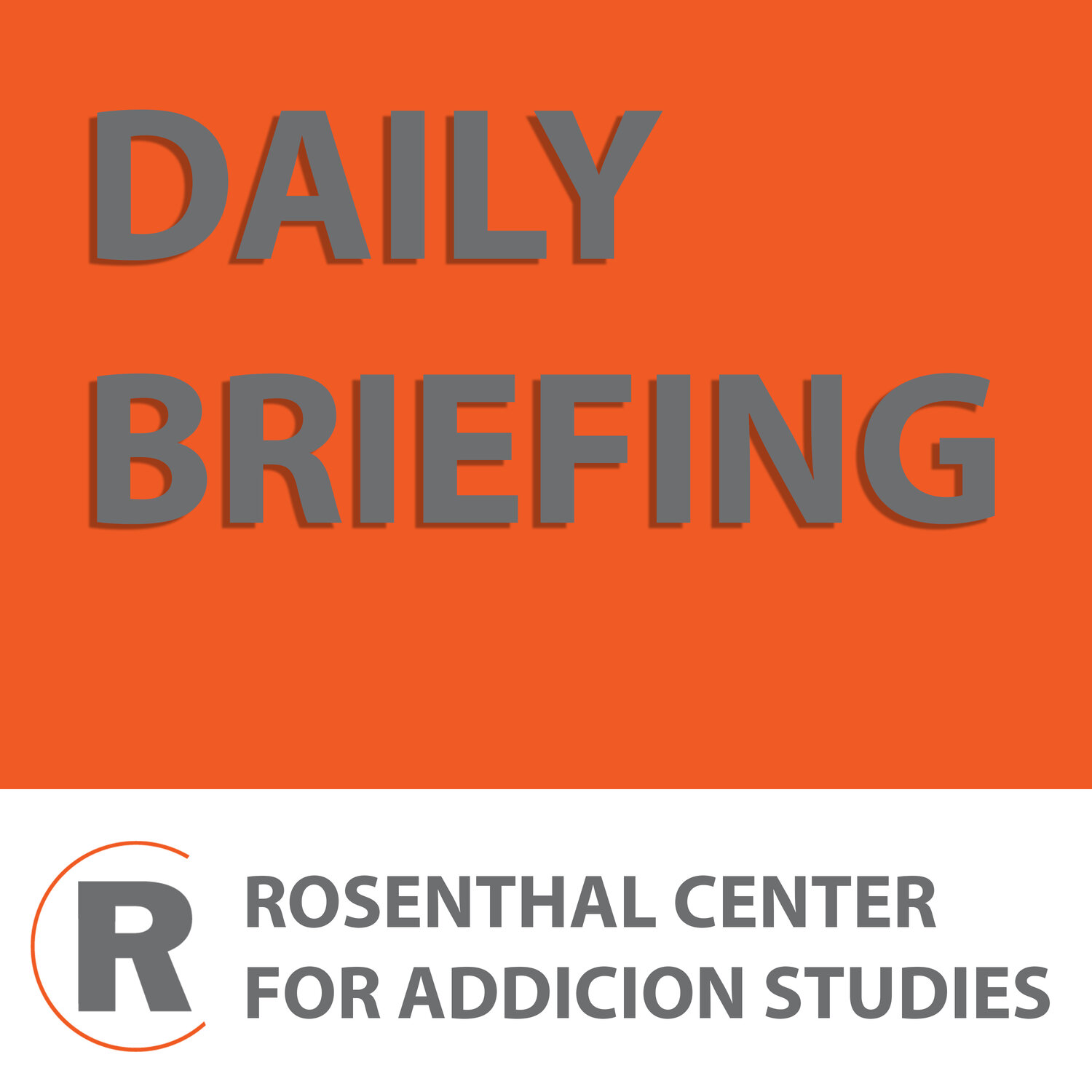The Daily Briefing 8.4.2021
Description
As more states legalize marijuana, pot entrepreneurs are becoming ever more innovative. Take the global beverage giants—especially beer brewers—who are eying a potentially lucrative multibillion-dollar market for weed-based drinks. There are already many pot-infused products, including seltzers, teas, colas, and cocktails, but the beverage sector is only a small part of the $20 billion legal weed marketplace. Now the industry sees potential in a wider range of marijuana drinks, mainly because they have negligible calories, you don’t have to smoke or inhale them, and there’s no risk of a hangover—at least, that’s what the marketing strategy will be. As the beverage makers ponder how to get more drinkers high, they’re also recalibrating the THC component to a lower level, as most cannabis beverages have traditionally packed a wallop—not exactly what the casual customer may be expecting as they get behind the wheel of their car.
Such concerns are apparently not bothering officials in Modesto, California, a city with some 200,000 residents in the state’s Central Valley. In what is believed to be the first sanctioned citywide cannabis tourism program, Modesto is promoting its pot dispensaries as a tourism draw, hoping to increase revenue as drivers make a stop in the town, which is midway between San Francisco and Los Angeles. The message would be, take a break, get gas, and something to eat, pop into the weed shop, and then back on the road. Currently, about 40 percent of the customer base at the city’s roughly two-dozen dispensaries is from out of town, so this gimmick may actually work. No word however about the risk of driving while drugged after fuelling up and getting high in Modesto.
And finally, The Guardian newspaper investigates whether medical cannabis is really a magic bullet for many maladies or if it’s too soon to make any definitive conclusions. While research suggests that extracts from the plant can be effective n treating pain, anxiety, and epilepsy, experts still preach caution around recreational use. The article notes that medical pot is still a contentious field due to fragmented data collection based mainly on the experiences of recreational users and that THC has been linked with an increased risk of psychosis and schizophrenia. There’s only one cannabis-based drug approved by the FDA—for a rare form of epilepsy—but advocates for medical marijuana and CBD often make unfounded claims about its effectiveness in treating a wide range of illnesses and disorders.
More Episodes
More and more people are turning to medical cannabis products to alleviate mental health problems such as anxiety, depression, and insomnia—although there is little science indicating that the drug is safe and effective to treat these problems. Advocates of medical marijuana legalization have...
Published 10/28/21
Published 10/28/21
The New York Times finally weighs in on the risks to kids from marijuana edibles, noting that many teens underestimate the dangers associated with the drug. With pot legalization making pot more widely available, young people have come to believe marijuana is less dangerous creating a perfect...
Published 10/22/21


